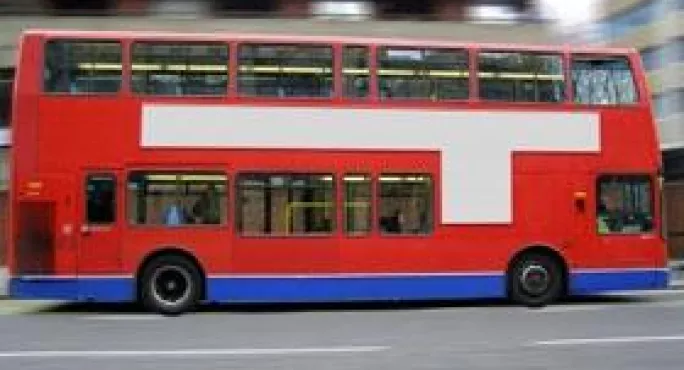Crackdown on rowdy behaviour on school buses

For years, heads have punished pupils who bring their school into disrepute while in uniform. Now a new travel behaviour code will bring legal clarity to this grey area.
At present, even giving a pupil detention could be challenged by parents and pupils because the punishment has no legal force.
But from next January, the new code would give heads the right to punish pupils who behave badly while travelling between home and school or between school sites.
The new rules, published last week, along with powers granted under the 2006 Education and Inspections Act, would apply to whatever mode of transport pupils used: buses, trains, taxis, cars, bikes - or even walking.
The Assembly government hopes the code, if accepted, will provide consistency. It will outline the exact nature of unacceptable, dangerous and life-threatening behaviour, set out the standards required of all pupils in transit, as well as detailing the punishments they will receive if they flout the rules. For instance, pupils who break the code could have their travel rights revoked or even be excluded from school.
If the proposals are agreed, every school will have to make the new code part of its behaviour policy.
Heads would be expected to investigate all allegations made against pupils using transport not provided by local authorities. If they decided there was “reasonable probability” of a pupil’s guilt, heads would be expected to turn to the guidance to select an appropriate punishment.
Most heads TES Cymru spoke to this week welcomed the proposal.
Gareth Jones, secretary of the ASCL Cymru heads’ union, said: “Heads have been punishing pupils who bring their school into disrepute while in uniform for years, but what this draft code and guidance will do is bring legal clarity to what we have been doing.
“It will stop the dilemma of what to do if a student travelling to school in their own car throws a pop bottle out of a window and injures a passer- by, for example.”
Anna Brychan, director of the NAHT Cymru heads’ union, said: “We have fought for this since the death of Stuart Cunningham-Jones. This is a job well done and this code will provide much more consistency across Wales.”
The government toughened up legislation following the schoolboy’s death in 2002. He was killed when the bus he was travelling on came off the road. It is believed the accident occurred when the driver was distracted by student horseplay.
Heads’ new powers would be a mix of amendments from the 2006 Act and the Wales-only learner and travel measure, introduced last year.
Launching the draft code, Ieuan Wyn Jones, the minister for economy and transport, said: “We are determined to support local authorities, operators, drivers and schools who have to deal with poor behaviour, as it is a real threat to safety and can have tragic consequences.”
Under the new proposals, pupils and transport operators would be asked to report pupils who broke the code.
Queue good conduct- The British are renowned for queuing in an orderly manner, a value that is reflected in the draft travel behaviour code.
- It says all pupils aged five to 19 should wait for school transport in an orderly manner and not push and shove when getting on or off.
- Disrupting fellow travellers by talking on a mobile phone or playing music too loudly are also considered unacceptable, as are eating and drinking.
- For safety reasons, pupils must stay in their seats, use seatbelts and avoid distracting the driver.
- Smoking is also considered a dangerous offence.
- But the rules also reflect the rights of pupils not to be bullied or treated unfairly, and states their right to travel in clean transport.
- The British are renowned for queuing in an orderly manner, a value that is reflected in the draft travel behaviour code.
- It says all pupils aged five to 19 should wait for school transport in an orderly manner and not push and shove when getting on or off.
- Disrupting fellow travellers by talking on a mobile phone or playing music too loudly are also considered unacceptable, as are eating and drinking.
- For safety reasons, pupils must stay in their seats, use seatbelts and avoid distracting the driver.
- Smoking is also considered a dangerous offence.
- But the rules also reflect the rights of pupils not to be bullied or treated unfairly, and states their right to travel in clean transport.
Keep reading for just £1 per month
You've reached your limit of free articles this month. Subscribe for £1 per month for three months and get:
- Unlimited access to all Tes magazine content
- Exclusive subscriber-only stories
- Award-winning email newsletters

